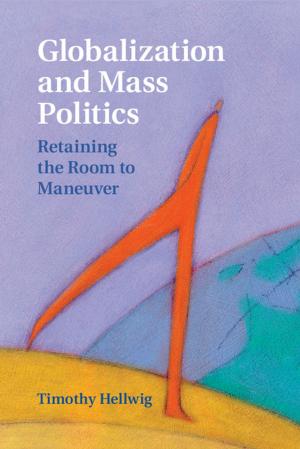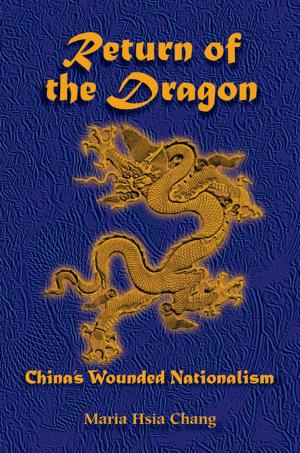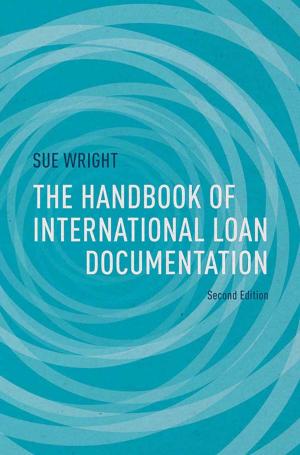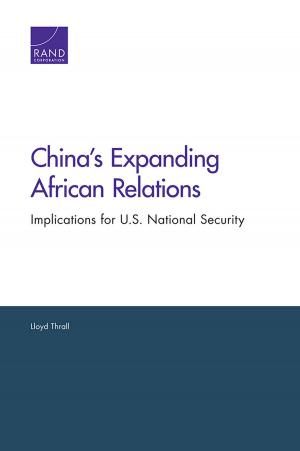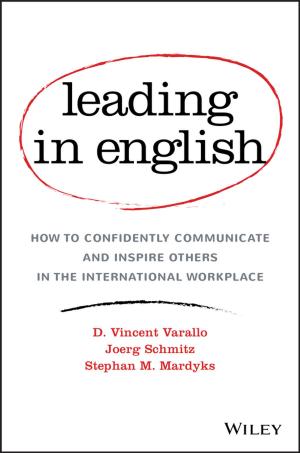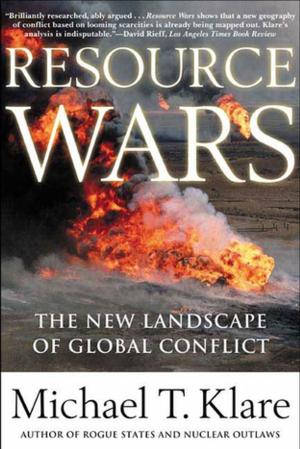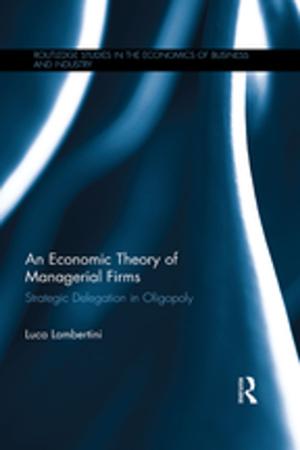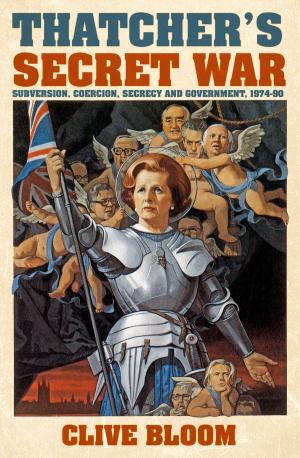Clooney's War
South Sudan, humanitarian failure and celebrity
Nonfiction, Social & Cultural Studies, Social Science, Discrimination & Race Relations, Political Science, International| Author: | Alex Perry | ISBN: | 9781910460023 |
| Publisher: | Newsweek Limited | Publication: | October 1, 2014 |
| Imprint: | Newsweek Insights | Language: | English |
| Author: | Alex Perry |
| ISBN: | 9781910460023 |
| Publisher: | Newsweek Limited |
| Publication: | October 1, 2014 |
| Imprint: | Newsweek Insights |
| Language: | English |
In this book Alex Perry explores how humanitarian activities across the world, including those of celebrities like George Clooney and others brought pressure to bear that resulted in the creation of South Sudan as a separate state. This at a time when senior diplomats believed the chances of the new nation surviving and thriving were slim. Predictably, it seems an outcome that should have solved problems, reduced violence and saved lives has produced a fresh wave of bloodshed. Perry opens with an interview with Clooney as he prepares to enter the Sudanese conflict zone to bear witness to and draw the world's attention to the Sudanese conflict. Yet the NGO presence put in place to help build a nation is now reduced to burying more of its citizens; victims of fresh genocidal acts reminiscent of those in Somalia in 1991. Perry's aim is not to cast judgement, but to unearth the complex influences that mean the obvious "good" course of action is not always the best. Perry looks at events since the creation of South Sudan in the context of modern humanitarianism, and asks if the humanitarian project has reached its high water mark. The toxic legacy of Colonialism means that large scale interventions look retrograde and perpetuate the mistakes of the past. And yet it seems the alternative is effectively to stand by and do nothing while civilians continue to die through violence, poverty and, next, a seemingly inevitable return of famine in a state where constant violence makes normal activities like growing crops impossible.
In this book Alex Perry explores how humanitarian activities across the world, including those of celebrities like George Clooney and others brought pressure to bear that resulted in the creation of South Sudan as a separate state. This at a time when senior diplomats believed the chances of the new nation surviving and thriving were slim. Predictably, it seems an outcome that should have solved problems, reduced violence and saved lives has produced a fresh wave of bloodshed. Perry opens with an interview with Clooney as he prepares to enter the Sudanese conflict zone to bear witness to and draw the world's attention to the Sudanese conflict. Yet the NGO presence put in place to help build a nation is now reduced to burying more of its citizens; victims of fresh genocidal acts reminiscent of those in Somalia in 1991. Perry's aim is not to cast judgement, but to unearth the complex influences that mean the obvious "good" course of action is not always the best. Perry looks at events since the creation of South Sudan in the context of modern humanitarianism, and asks if the humanitarian project has reached its high water mark. The toxic legacy of Colonialism means that large scale interventions look retrograde and perpetuate the mistakes of the past. And yet it seems the alternative is effectively to stand by and do nothing while civilians continue to die through violence, poverty and, next, a seemingly inevitable return of famine in a state where constant violence makes normal activities like growing crops impossible.

